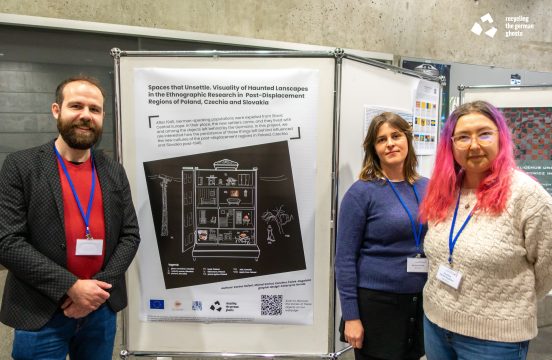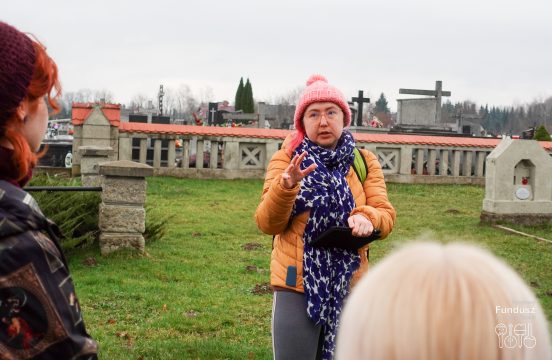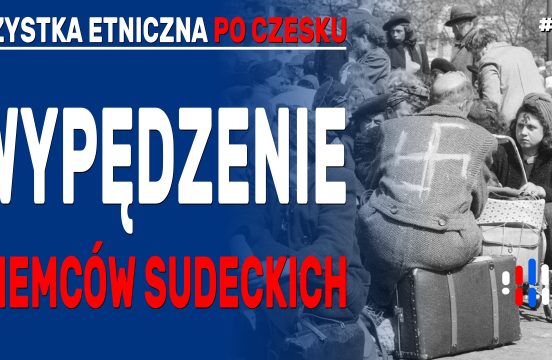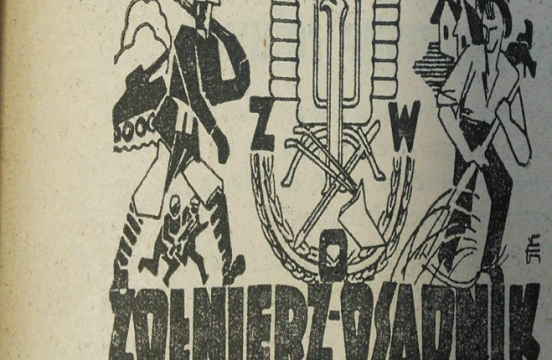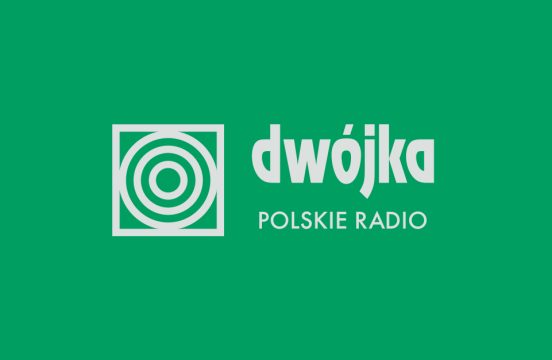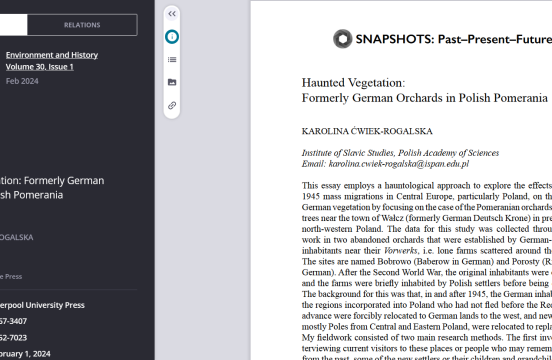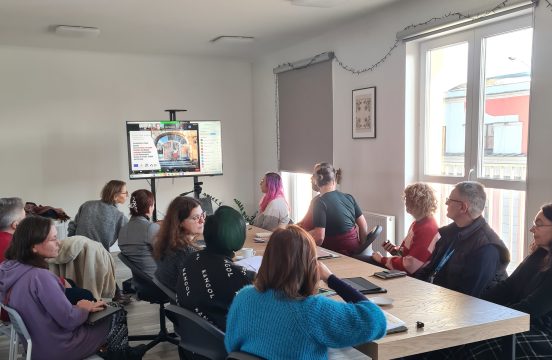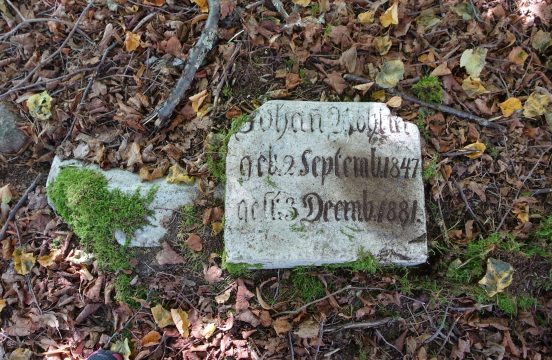In mid-March, our team met in Dresden to attend the 6th Congress on Polish Studies (March 14-17th). Thanks to Michal Korhel, who put together a panel entitled “Presenting History in Post-displacement Regions” we had a chance to present our research and compare it with several other case studies of memory cultures in Lower Silesia, Warmia or Żuławy.
During the panel, which was chaired by Karolina Ćwiek- Rogalska, the audience enjoyed four presentations. The first paper was presented by Anna Kurpiel (University of Wrocław) who was talking about the history and current re-inventing of the folk costume in Lower Silesia (“Lower Silesian Folk Costume as an Object of Contradictions: Presenting Pre-War Heritage within Folkloristic and Regional Frameworks”). Secondly, our colleague Michal Korhel talked about his research on local museums in formerly German regions of Western Pomerania (“German Objects: Local History Expositions in Western Pomerania”). Next, we had a chance to listen to Agnieszka Pufelska (University of Hamburg) who presented a case study of the post-war history of a museum in Olsztyn under the title “Fractureless Appropriation in the Fractured Time”. Last but not least was Joanna Szkolnicka (Polish Academy of Sciences) who presented her paper on the memory activism in Elbląg (“An upheaval with regard to the German past and cultural heritage in the cities of former East and West Prussia: New perspectives and narratives based on the example of Elbing/Elbląg”).
After the panel, there was a lively discussion based on comments from our discussant Karina Hoření. She raised questions about the specifics of museums in/of post-displacement regions, topics omitted from the newly emerging narrative of displacement, or possible backlash to it. Our audience discussed the future of Heimatstuben, i.e. small museums of lost “homeland” that were built by German expellees from Poland and Czechoslovakia in western Germany.
On Saturday, March 16th, Karolina participated in another panel, entitled “How to change urban identity? Transitions in Polish towns in regional and transregional context”. She presented some results from the fieldwork in Wałcz in a paper “Recovering the City-Text of a Topolganger: A Case Study of the Pomeranian Town Deutsch Krone / Wałcz”.
It was not the end of our team’s activities in Dresden, as we were also presenting our poster that uses the symbol of a haunted dollhouse full of post-German objects to capture the essence of our project (you can see our poster here).
The Congress was a perfect occasion to share our research with other academics, meet new people, and listen to fascinating presentations from a wide field of Polish studies.



